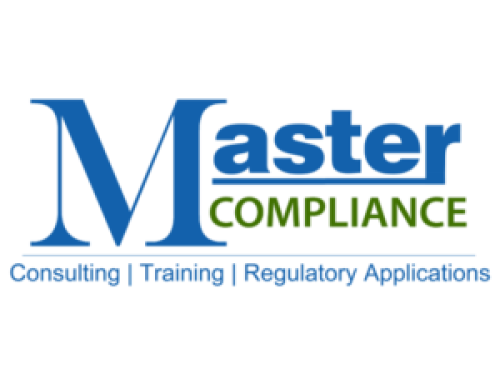Per the Investment Advisers Act of 1940 (the “Advisers Act”), firms who meet the definition of providing investment advisory services generally must register either with the SEC or with state securities regulators. When the Dodd-Frank Wall Street Reform and Consumer Protection Act of 2010 (the “Dodd-Frank Act”) was signed into law, the Advisers Act was amended to implement a new category for a narrow class of advisory firms: the Exempt Reporting Adviser (ERA).
An ERA is an investment adviser that must pay fees and report public information via the IARD/FINRA system but is not required to register as an adviser with the Securities and Exchange Commission (SEC) or with state regulators. There are two exemptions that advisers can use to claim ERA status: the Private Fund Adviser Exemption or the Venture Capital Fund Adviser Exemption.
The Private Fund Adviser Exemption
The Dodd Frank Act exempts from registration advisers with their principal office and place of business in the United States that:
- act solely as an investment adviser to one or more “qualifying private funds”; and,
- have assets under management attributable of less than $150 million.
The term “qualifying private funds” under the private fund adviser exemption includes private funds that rely on any of the exemptions under Section 3 of the Investment Company Act of 1940 (the “Investment Company Act”), including:
- Section 3(c)(1) – private fund may not be beneficially owned by more than 100 shareholders;
- Section 3(c)(5)(C) – private fund engaged in “purchasing or otherwise acquiring mortgages and other liens on and interests in real estate;” and,
- Section 3(c)(7) – private fund may only be owned by “qualified purchasers.”
Only assets managed from the U.S. are counted toward the $150 million limit; non-U.S. advisers must ensure that all U.S. clients are solely private funds.
Advisers relying on this exemption are required to calculate annually the amount of private fund assets they have under management and report these amounts in the adviser’s annual amendments to its Form ADV. Advisers reporting $150 million or more of private fund assets under management no longer qualify for the private fund adviser exemption and must register under the Advisers Act unless they qualify for another exemption from registration.
The Venture Capital Fund Adviser Exemption
Generally, an adviser that advises solely venture capital funds can qualify for the federal venture capital adviser exemption. Unlike the private fund adviser exemption, the level of AUM does not affect an adviser’s use of the venture capital adviser exemption.
To qualify as a venture capital fund for purposes of the exemption from registration, a private fund must:
- represent itself to its investors and prospective investors as pursuing a venture capital strategy;
- hold no more than 20% of the fund’s capital commitments in non-qualifying investments (other than short-term holdings);
- not borrow or otherwise incur leverage (other than limited short-term borrowing) in excess of 15% of the venture capital fund’s capital contributions and uncalled committed capital, with non-renewable terms of no longer than 120 calendar days (excluding certain guarantees of qualifying portfolio obligations by the fund);
- not offer its investors redemption or other similar liquidity rights except in extraordinary circumstances, such as withdrawal or excuse rights for legal or regulatory requirements; and
- not be registered under the Investment Company Act and not have elected to be treated as a business development company.
“Qualifying investments” are defined as:
- any equity security issued by a “qualifying portfolio company” that is directly acquired by the private fund from the company (“directly acquired equity”);
- any equity security issued by a qualifying portfolio company in exchange for directly acquired equity issued by the same qualifying portfolio company; or,
- any equity security issued by a company of which a qualifying portfolio company is a majority-owned subsidiary, or a predecessor, and that is acquired by the fund in exchange for directly acquired equity described above.
A “qualifying portfolio company” is defined as any company that:
- at the time of any investment by the private fund, is not a reporting or foreign traded company and does not control, is not controlled by or is not under common control with, a reporting or foreign traded company;
- does not borrow or issue debt obligations in connection with the private fund’s investment in the company and then distribute to the private fund the proceeds of such borrowing or issuance in exchange for the private fund’s investment; and,
- is not itself a private fund or other pooled investment vehicle (i.e., is an operating company.)
If an adviser plans on relying on either exemption, it must complete its ERA filing within 60 days of claiming the exemption. The applicable date is typically the date on which the firm begins an advisory relationship with its first firm.
If either exemption will become inapplicable due to the adviser taking on separately managed accounts (SMAs), the adviser must promptly register with the whichever regulatory agency is appropriate (SEC or state) prior to taking on its first SMA.
[Continued in ERA: Exempt Reporting Adviser Qualification – Part II]


